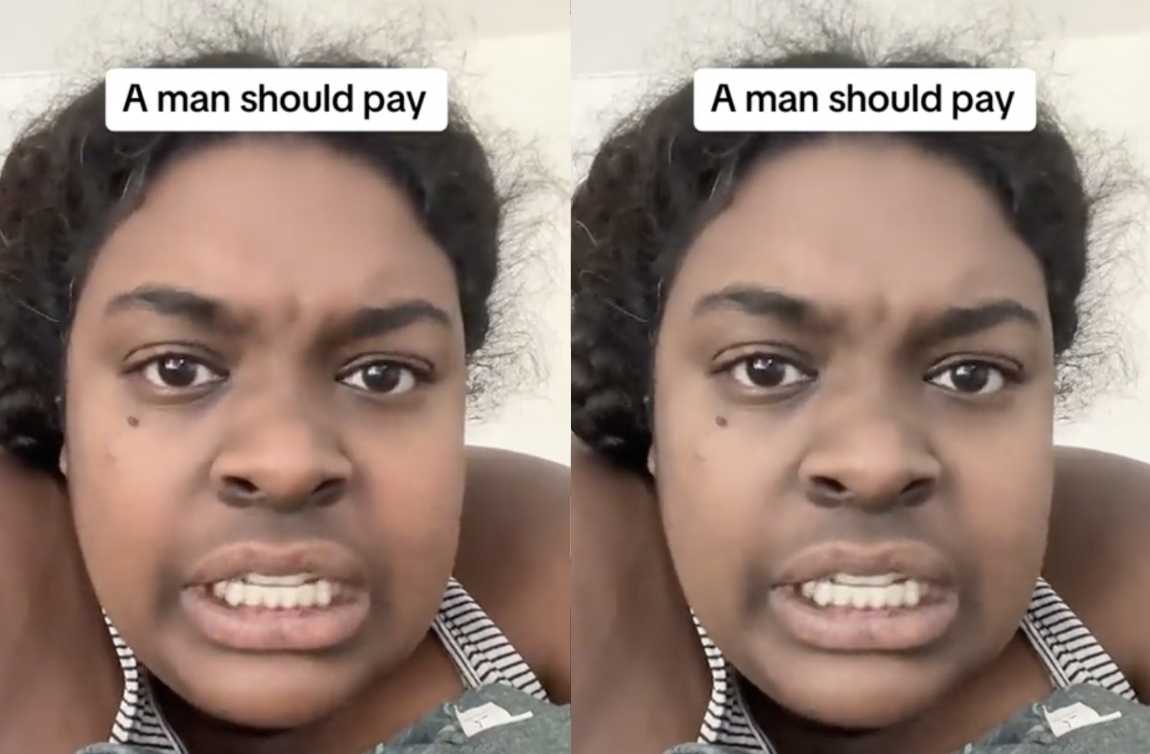In a groundbreaking move aimed at safeguarding the integrity of democratic processes, Google unveiled a pivotal update to its ads policy on Wednesday.
The tech giant declared its intention to mandate full transparency in political ads featured on its platforms, requiring disclosure when images and audio have been manipulated or created using advanced tools like artificial intelligence (AI).
The scheduled implementation of this transformative policy is set for November, arriving well in advance of what promises to be a hotly contested US presidential election. This timely adjustment comes amid growing concerns that generative AI could be exploited to manipulate and deceive voters.
Google & political ads
Google underscored the company’s commitment to transparency, stating, “For years, we’ve provided additional levels of transparency for election ads. Given the growing prevalence of tools that produce synthetic content, we’re expanding our policies a step further to require advertisers to disclose when their election ads include material that’s been digitally altered or generated.”
This proactive step by Google follows an incident in June where a campaign video by Ron DeSantis attacking former US President Donald Trump was flagged for featuring AI-generated imagery, as determined by an AFP Fact Check team.
The video shared on X, contained images seemingly altered to depict Trump sharing affectionate gestures with Anthony Fauci, a prominent member of the US coronavirus task force.
In its ongoing commitment to transparency, Google requires political advertisements to disclose their funding sources, making information about these messages readily available in an online ad library.
The forthcoming update to Google’s ad policy will demand that election-related ads “prominently disclose” the presence of “synthetic content” portraying genuine or lifelike individuals and events. The company reassured the public of its ongoing investments in technology to detect and eliminate such deceptive content.
Google has set specific guidelines for these disclosures, emphasizing that they must be “clear and conspicuous” and placed in locations where they are likely to catch the viewer’s eye.
With the updated policy scheduled to take effect just in time for the 2024 US presidential election, it’s a step that could have far-reaching implications for the future of political advertising and the battle against misinformation.
Read More News
Venice Film Festival: Chants of ‘no rape culture’ on Woody Allen film echo
The photo above is from Pexels






